On language
Before we get into writing about our work we want to talk about language.
In the nonprofit sector, much of the language used to describe recipients of programs is patronizing, full of bias, and connected with stigma.
At-risk youth
Troubled teens
Poor families
The needy
Underprivileged
Underserved
Low-income (with no other context)
Disadvantaged
We work to remove this language where we see it, and we would like to be a part of rewriting the language our sector uses. Much of the current language reduces people to an aspect of their situation, but ignores or minimizes the root cause of the circumstances, which is most often the broken, biased systems they are impacted by: educational, healthcare, legal, childcare, foster care.
Culturally we have been conditioned to understand the charity sector as the “haves” (donors, foundations, organizations) giving to the “have-nots” (beneficiaries, participants). At NOMAD we come to nonprofit work from a different mindset: functioning in an ecosystem of people where everyone has something to contribute. Some people contribute financial and material resources, some bring their networks or organizing skills, others their experience and knowledge, and others their excitement, curiosity, and enthusiasm. Most bring a combination of these things. So yes, we need the funders, but we also need the facilitators, the participants, and the partners. With all of these contributions, together we co-create experiences that improve how everyone feels, and also how they feel about each other, themselves, and their communities.
It’s pretty common in our sector for organizations to use different language for different audiences, but our litmus test is, “can we use this language with our participants AND with the news media AND with donors and foundations who support our work?” If the answer is yes, we know we’re on the right track. It can be a challenge to communicate this way from within the charity sector because of pervasive biases and problematic mindset/language that exists as a template within the sector, from grants and appeals to public relations. Our team is constantly talking about language, and we take an active role in removing problematic language when we see it. We avoid language that is patronizing, degrading or dehumanizing. We take this care because we want to do better. We want our entire sector to do better when it comes to language around the relationships that are formed and exist within community work. And if we want to see the sector change, it’s our responsibility to be a part of rewriting the language. That is an unending task because language is constantly evolving, along with our understanding of equity. With that we operate from a place of ongoing learning: being mindful of the impact of language we use AND doing the work to find the right language…even when it’s a challenge.
We’ve never been afraid of a challenge.
-carrie
Photo: Carrie Boucher

